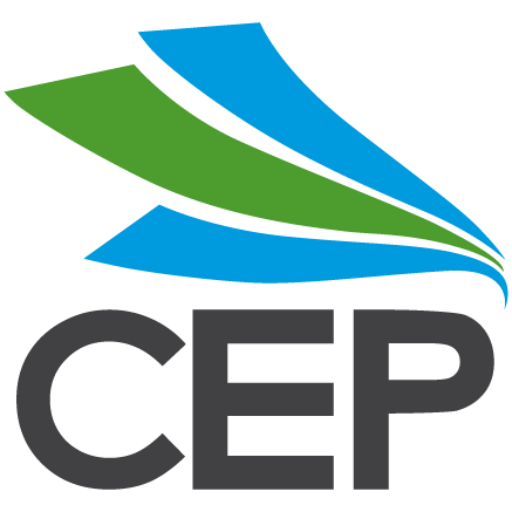Solar on target, heavy trucks stalling and Venezuela hits sad milestone
In this issue:
Solar and batteries on target
Some good news emerged this week from the IEA, whose report on Advancing Clean Technology Manufacturing reveals investment trajectories in solar and battery technologies are consistent with net zero scenarios. Investment in five energy technologies, solar PV, wind, batteries, electrolysers and heat pumps increased by 70% overall in 2023, reaching US$200 billion (NZ$332bn). 90% of the investments were into PV and battery manufacturing.
Energy transition exposed to mineral access risk
More than 70% of the production of copper, cobalt and lithium could face significant or higher drought risk by 2050 under a high emissions scenario, compared with less than 10% exposure today. That’s the conclusion of a PwC report into commodity risk if emissions remain rampant. Food production would also face significantly higher risks of heat stress with 90% of the world’s rice crop at risk. The corresponding figures for maize and wheat also stand worryingly high at 30% and 50% respectively.
The cost of delay
And delays will be costly. A new report from Wood Mackenzie suggests just a five year delay in the energy transition would see temperatures souring up to 3C above pre-industrial levels. With around half the world’s population heading to the polls this year and ongoing geo-political tensions, the political risk to the transition shouldn’t be underestimated. It’s a shame climate change isn’t likely to be top of political agendas in most countries.
Heavy trucks stalling
We reported recently on the accelerating uptake of electric cars. It seems the heavy transport sector is way behind in efforts to decarbonise. The IEA scenarios suggest we need 13 million of the global heavy truck fleet to be zero carbon by 2035 to be on track. A new report from Carbon Tracker tells us last year less than 100,000 (2% of production) was zero emissions. The eight largest manufacturers, who command about 50% of the global market, were analysed.
Venezuela hits sad milestone
Venezuela has become the first country to officially lose all its glaciers. Venezuela was founded in 1910 at which time it had 6 recognised glaciers. The last surviving glacier, the Humboldt, or La Corona, now no longer qualifiers having shrunk to 0.4% of earlier size. It has been downgraded to an ice field leaving the country glacier-less.
New sustainability reporting guidance issued
New guidance to bring together international and European sustainability reporting has just been issued by the IFRS Foundation (International Financial Reporting Standards) and EFRAG (European Financial Reporting Advisory Group). Globally, ESG regulations have increased by 155% in the past decade, with 1,255 ESG regulations introduced worldwide since 2011. The document has been designed to reduce complexity, fragmentation and duplication for companies applying both the ISSB Standards (International Sustainability Standards Board’s IFRS Sustainability Disclosure Standards) and ESRS (European Sustainability Reporting Standards).
San Francisco cleanest again
California again dominated the ACEEE’s ranking of cleanest cities in the US. For the second year in a row San Francisco has topped the list. The remainder of the top ten was taken out by (in order) Denver, Seattle, LA, Oakland, Minneapolis, New York, Portland, San Jose and Washington. Bottom of the ranking of 75 of the US’s largest cities is Akron, Ohio.


